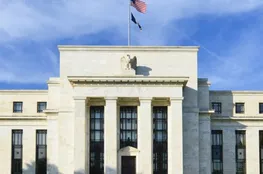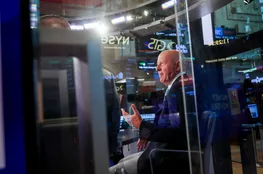The global population is getting older, a trend that is expected to have significant implications for the stock market. JPMorgan strategists assert that this demographic shift will lead to lower returns, slower earnings growth, and weaker valuations. According to their estimates, a 1% increase in the share of people over 65 correlates with a 0.92% decline in annual stock returns. This trend is likely to accelerate in the coming decades, causing a decline in investment capital as more people save for retirement, which in turn leads to reduced innovation and economic growth. The aging workforce also impacts productivity growth and innovation negatively.
JPMorgan strategists highlight that slower workforce growth and reduced economic activity are key factors behind declining stock returns. Companies with a significant portion of revenues coming from international operations will likely be affected more severely by global population aging than those focusing primarily on local markets. Smaller and mid-cap equity market indexes are expected to be impacted more by local population aging compared to large-cap indexes. Valuations are also expected to suffer as older populations draw down their retirement funds, decreasing national savings and increasing bond yields. The strategists note that these trends, accompanied by lower earnings growth expectations, justify lower stock valuations.
However, they identify one sector that could benefit from an aging population: healthcare. Older populations tend to spend more on healthcare, leading to faster earnings growth in this sector. A 1% increase in the over-65 population can lead to a 0.85% increase in healthcare returns over a decade. It's important to note that the impact of population aging will not be uniform worldwide. For instance, China is expected to see a significant increase in its elderly population, while the US will experience a more moderate rise.
Reports have previously warned about the economic impact of an aging population. Barclays economist Jonathan Millar pointed out that baby boomers are approaching a critical phase where their economic burden on the US could peak. Additionally, a larger share of older individuals holding stocks could increase market volatility, as they may be quicker to sell during downturns. In summary, the aging global population poses challenges for the stock market, with expected declines in returns and valuations. However, specific sectors like healthcare may see positive outcomes, driven by higher spending from older demographics.
























